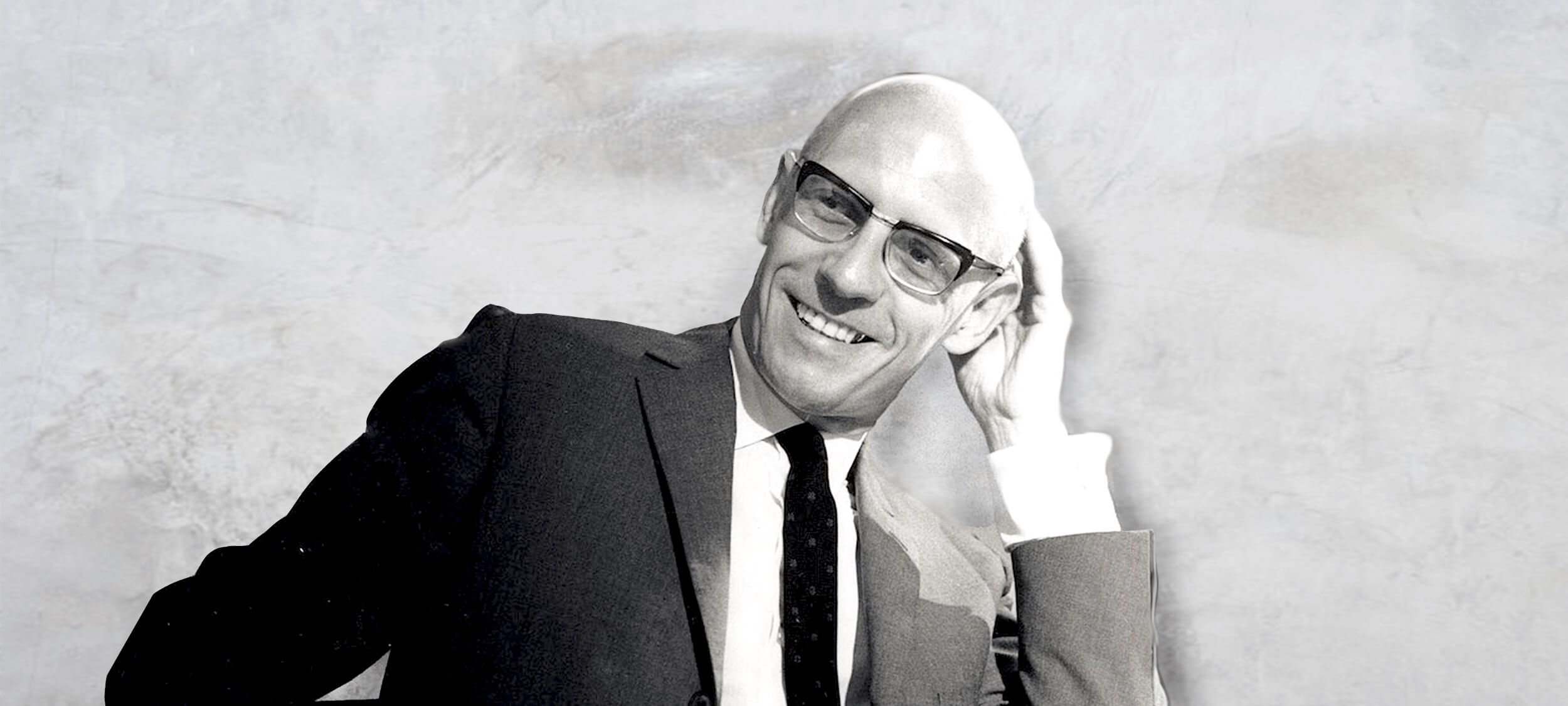
Should we abolish the institution of marriage?
Opinion + AnalysisRelationships
BY Anna Goodman 12 OCT 2022
As it stands, in the western world, marriage is the legal union between two people who are typically romantic or sexual partners. Some philosophers are now revisiting the institution of marriage and asking what can be done to reform it, and if it should exist at all.
The institution of marriage has been around for over 4,000 years. Historians first see instances of marriages popping up around 2350 BCE in Mesopotamia, or modern day Iraq. Marriage turned a woman into a man’s object whose primary purpose was producing legitimate offspring.
Throughout the following centuries and millennia, the institution of marriage evolved. As the Roman Catholic church grew in power throughout the 6th, 7th, and 8th centuries, marriage became widely accepted as a sacrament, or a ceremony that imparted divine grace on two people. During the Middle Ages, as land ownership became an important part of wealth and status, marriage was about securing male heirs to pass down wealth and increasing family status by having a daughter marrying a land-owning man.
“The property-like status of women was evident in Western societies like Rome and Greece, where wives were taken solely for the purpose of bearing legitimate children and, in most cases, were treated like dependents and confined to activities such as caring for children, cooking, and keeping house.”
The thinking that a marriage should be about love really only began in the 1500s, during a period now known as the Renaissance. Not much improved with regard to equality for women, but the movement did put forth the idea that two parties should enter a marriage consensually. Instead of women being viewed as property to be bought and sold with a dowry, women had more autonomy which elevated their social status. Into the 1700s, while the working class were essentially free to marry who they wanted (as long as they married people in the same social class), girls born into aristocratic families were betrothed as infants and married as teenagers in financial alliances between families.
But marriage doesn’t look like this anymore, right? It’s easy to forget that interracial marriage was illegal in the United States until 1967 and until 1985 in South Africa. Marital rape only became a crime in all American states in 1993. Australia only legalised gay marriage at the end of 2017, making it one of 31 countries to do so. In the 4,000 years of marriage, most legalised marriage equality has happened in the last 50 years.
The nasty history of marriage has prompted some philosophers to ask: is it time to get rid of the institution of marriage? Or, is it possible to reform?
An argument for the abolition of marriage
“Freedom for women cannot be won without the abolition of marriage.”
In the last hundred years, there has been plenty of discourse about where marriage fits into modern life. One notable voice, Sheila Cronan, a feminist activist who participated actively in the second wave feminist movement in America, argued that marriage is comparable to slavery, as women performed free labour in the home and were reliant on their husbands for financial and social protection.
“Attack on such issues as employment discrimination are superfluous; as long as women are working for free in the home we cannot expect our demands for equal pay outside the home to be taken seriously.”
Cronan believed that it would be impossible to achieve true gender equality as long as marriage remained a dominant institution. The comparison of marriage to slavery was hugely controversial, though, because white women had significantly better living conditions and security than slaves. In a modern, western context, Cronan’s article may seem like a bit of an overstatement on the woes of marriage.
Is there an alternative to abolition?
Another contribution to the philosophy of marriage is the work of Elizabeth Brake. Instead of abolishing marriage, she puts forward a theory in her 2010 paper What Political Liberalism Implies for Marriage Law called “minimal marriage,” which claims that any people should be allowed to get married and enjoy all the legal rights that come with it, regardless of the kind of relationship they are in or the number of people in it.
Brake argues that when the state allows some kinds of marriages but not other kinds, the state is asserting one kind of relationship as more morally acceptable than another. Marriage in the western world provides a number of legal benefits: visitation rights in hospitals if someone gets sick, fewer complications around joint bank accounts, and the right to inherit the estate if a partner dies, to name a few. It is also often viewed as a better or superior kind of relationship, so those who are not allowed to get married are seen as being in an inferior kind of relationship.
Take for example the case of two elderly women who are close friends and have lived together for the last 30 years. If one of the elderly women falls ill and needs to go to hospital, her friend might not be able to visit her because she is not a spouse or next-of-kin. If she passes away and her friend is not in her will, then the friend will have no say over what happens to her estate. The reason these friends were not married was because they felt no romantic attraction to each other. But Brake asks us: why should their relationship be seen as less valuable or less important than a romantic one? Why should their caring relationship not be afforded the legal rights of marriage?
Many legal rights are tied to marriage. In the US, there are over 1000 federal “statutory provisions,” or clauses written in the law, in which marital status is a factor in determining who gets a benefit, privilege, or right. Brake argues that reforming marriage to be “minimal” is the best way to ensure that as many people as possible have these legal rights.
So, what should the future of marriage be?
Many people today will say that the day they got married was one of the best days of their lives. However, just because we have a more positive view of it now does not erase the thousands of years of discriminatory history. In addition, practices such as child marriage and arranged marriages that no longer occur in the western world are still the norm in other parts of the world.
While Cronan presents a strong argument for abolishing marriage and Brake presents a strong argument for its reform , we need to examine the underlying social ills that make marriage so complicated. Additionally, there’s no guarantee that abolishing or reforming marriage will eliminate the sexism, racism, and homophobia that create the conditions for marriage to be so discriminatory in the first place. Marriage may not be creating inequality as much as it is a symptom of inequality. While the question of what to do with marriage is worth interrogating, it’s important to consider the larger role it might play in creating social change and working towards equality.
Ethics in your inbox.
Get the latest inspiration, intelligence, events & more.
By signing up you agree to our privacy policy
You might be interested in…
Opinion + Analysis
Relationships, Science + Technology
The ethics of exploration: We cannot discover what we cannot see
Big thinker
Politics + Human Rights, Relationships
Big Thinker: Michel Foucault
Opinion + Analysis
Relationships, Society + Culture
The problem with Australian identity
Opinion + Analysis
Health + Wellbeing, Relationships, Science + Technology




